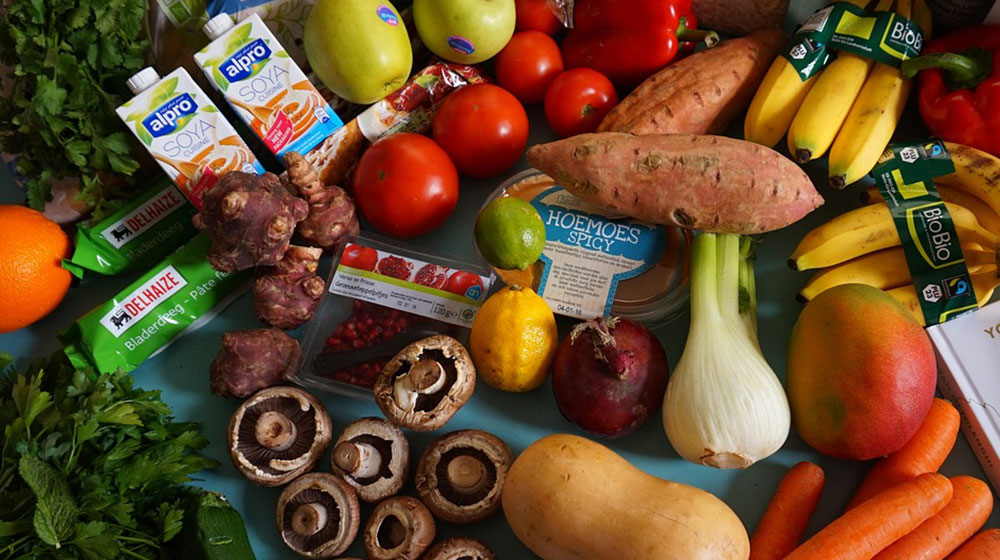Secure Housing Loans: FHA, USDA & VA Loans Made Easy

Buying a home is one of the biggest financial decisions most people will ever make, and navigating the world of mortgages can feel overwhelming. Fortunately, the federal government offers several loan programs to make homeownership more accessible for a wide range of buyers. Three of the most popular loan programs include FHA, USDA, and VA loans, all of which offer unique benefits for specific types of borrowers. In this guide, we’ll break down these federal housing loans and explain how each can help you achieve your dream of homeownership with less stress and financial burden.
What Are Federal Housing Loans?
Federal housing loans are government-backed mortgage programs designed to assist homebuyers who may not qualify for traditional loans due to financial limitations, lack of a large down payment, or other barriers. These loans are insured or guaranteed by the federal government, which reduces the risk for lenders and allows them to offer more favorable terms to borrowers.
The three major types of federal housing loans are:
FHA Loans: Insured by the Federal Housing Administration (FHA).
USDA Loans: Guaranteed by the U.S. Department of Agriculture (USDA).
VA Loans: Guaranteed by the U.S. Department of Veterans Affairs (VA).
FHA Loans: Affordable for First-Time Buyers
The FHA loan program is one of the most popular options for first-time homebuyers and individuals with moderate incomes. It’s designed to make homeownership more affordable by allowing borrowers to qualify with lower credit scores and smaller down payments.
Key Features of FHA Loans:
Low Down Payments: Borrowers can put down as little as 3.5% of the home’s purchase price, making it easier for those without large savings to buy a home.
Flexible Credit Requirements: FHA loans are accessible to buyers with credit scores as low as 580. In some cases, borrowers with even lower credit scores may qualify with a larger down payment.
Assumable Mortgages: FHA loans are assumable, which means that if you sell your home, the buyer can take over your existing mortgage. This can be a selling point in a rising interest rate environment.
Mortgage Insurance: FHA loans require both an upfront mortgage insurance premium (UFMIP) and monthly mortgage insurance premiums (MIP). These costs help protect the lender but can add to your overall loan expenses.
Who Is FHA Best For?
First-time homebuyers
Borrowers with limited savings for a down payment
Those with lower credit scores
USDA Loans: Rural Housing at No Down Payment
For those looking to purchase homes in rural or suburban areas, USDA loans provide a fantastic opportunity. These loans, guaranteed by the U.S. Department of Agriculture, are designed to encourage homeownership in less densely populated regions by offering a no-down-payment option.
Key Features of USDA Loans:
No Down Payment: USDA loans allow qualified borrowers to finance 100% of the home’s purchase price, eliminating the need for a down payment.
Low Interest Rates: USDA loans often come with competitive interest rates, making monthly payments more affordable.
Income Restrictions: USDA loans are geared toward low-to-moderate-income buyers. Income limits vary by location and household size, so it’s important to check your area’s guidelines.
Rural and Suburban Focus: USDA loans are specifically intended for homes in rural and some suburban areas, though the program’s definition of “rural” is fairly broad. Many properties that are just outside city limits may qualify.
Who Is USDA Best For?
Buyers interested in rural or suburban properties
Those who can’t afford a down payment
Moderate-to-low-income households
VA Loans: A Reward for Military Service
For veterans, active-duty service members, and their families, VA loans provide a powerful path to homeownership. Backed by the U.S. Department of Veterans Affairs, VA loans offer some of the best terms available and are designed to honor the service of military members by making home buying more affordable and accessible.
Key Features of VA Loans:
No Down Payment: Like USDA loans, VA loans offer 100% financing, meaning no down payment is required.
No Private Mortgage Insurance (PMI): Unlike most loans with low down payments, VA loans do not require PMI, which can save borrowers hundreds of dollars per month.
Low Interest Rates: VA loans typically offer lower interest rates than conventional loans, helping veterans secure better mortgage terms.
Flexible Credit Standards: VA loans are more forgiving when it comes to credit requirements, allowing veterans with less-than-perfect credit to qualify.
Funding Fee: Although VA loans don’t require PMI, they do have a funding fee. This one-time fee helps cover the cost of the program and can be rolled into the loan amount.
Who Is VA Best For?
Veterans and active-duty service members
Surviving spouses of service members
Those who want to avoid a down payment and PMI
How to Qualify for These Loans
Each loan program has its own specific eligibility requirements:
FHA Loans: Available to U.S. citizens and legal residents with a credit score of at least 580 (or 500 with a larger down payment). You must also demonstrate steady employment and income.
USDA Loans: To qualify, you must meet income limits based on your location and household size, and the property must be in a USDA-eligible rural area. Check the USDA’s online map for eligible regions.
VA Loans: You must have served a minimum number of days in active duty or be the surviving spouse of a service member. A Certificate of Eligibility (COE) from the VA is required to apply.
Choosing the Right Loan for You
Federal housing loans offer excellent opportunities for those looking to buy a home with flexible terms and lower upfront costs. Whether you’re a first-time buyer, a rural home shopper, or a veteran, FHA, USDA, and VA loans provide pathways to homeownership that may be more affordable than conventional loans.
By understanding your eligibility and exploring these options, you can unlock the benefits of federal housing programs and take a major step toward owning your own home. If you’re ready to get started, contact an approved lender or visit the official FHA, USDA, or VA websites to learn more.








